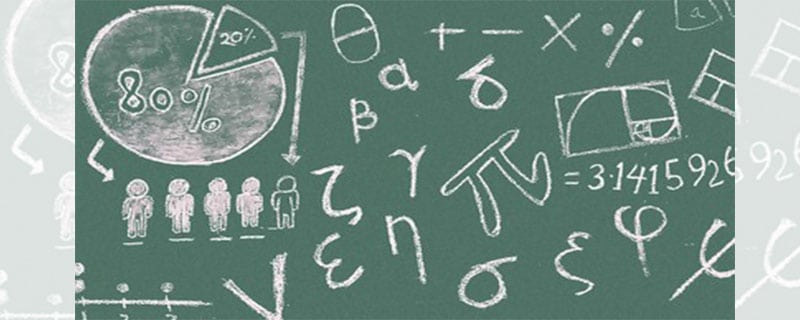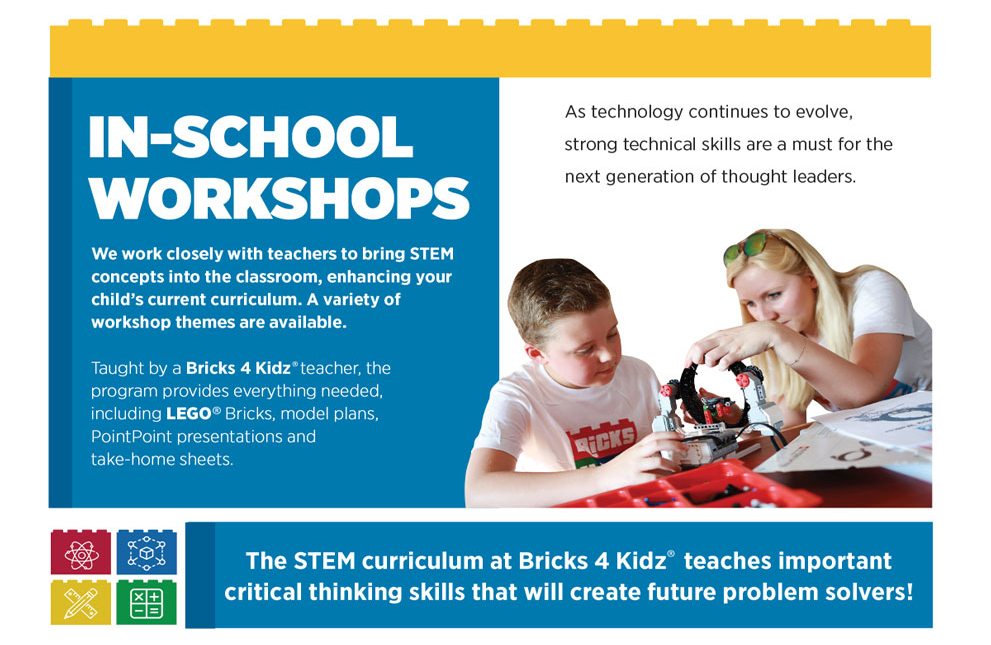Keeping students inspired and engaged can be uphill work for any educator. As teachers everywhere gear up for a new school year, here’s a study that has some encouraging insights.
Researchers analyzed data of 100,000 students in 47 states over a decade. When the state standards required more math and science credits for graduation, these students were less likely to binge drink, smoke and use marijuana.
Other insights from the study published in the National Bureau of Economic Research:
- The negative effects on drinking were more pronounced in male, non-white students, showing a correlation between curriculum and healthy choices.
- They found no evidence that increasing the rigor of the math and science courses caused more students to drop out.
- Researchers chose to single out math and science requirements because, “These courses have been shown to be important determinants of various future socioeconomic outcomes for youth including college attainment and earnings.” Meaning, the students see that this environment will prepare them for the future, opening doors to college and eventually a good job in a well-paying STEM field.
- Researchers cite one study which shows in states with higher graduation requirements, students end up taking more courses, as well as more advanced courses.
Researchers conclude the extra coursework may have an impact on the students’ choices.
“We speculate that the reason has to do with the change in the way students use their time,” economist Ben Cowan told Education Week. “They have to focus on school work and have less time to engage in risky behavior.”
Leveraging the expectation effect
Researchers also raised the possibility of the “expectation effect” being at work here as well. When students are enrolled in a high school with these higher requirements for graduation, it’s possible they have an awareness of what success here means for their futures, that their college and job prospects would be much better. They point to prior studies showing that students who expect to enroll in college are less likely to use controlled substances.
As prior studies show, setting higher expectations in the classroom itself shows good effects on students.
There’s the classic Rosenthal study from 1964. Teachers were told that certain students (who were actually chosen at random) were on the verge of a great intellectual blossoming. Later in the school year, these chosen students showed exponentially higher improvement in their IQs than the other kids.
Back in 2014, another compelling study was published that looked at the link between expectation and performance. Students who got a note on their graded essays encouraging them to make revisions based on what their teacher expected from them were far more likely to complete and turn in a revised essay. The kicker: Their revised essays also garnered higher grades from an independent panel of outside graders. (But it’s important to note, students who did not trust their teacher to have a fair opinion of their abilities in the first place didn’t show much improvement.)
The nature of teaching is setting the bar high. Sure, it always seems like there are one or more students who want to hang on the bar in hopes of lowering it. That gets discouraging. But rest assured, the research is on your side. When you expect more, you get more. The expectations you set today can ensure student success tomorrow. So press on, challenge them to try exciting and new things, and they may surprise you.
If your students need that extra inspiration, talk to your local Bricks 4 Kidz franchise about bringing an in-school workshop right into your classroom. Whether you want to reward your students for their hard work, or just want to reinforce a subject with a hands-on approach that uses LEGO Bricks, our workshops provide a fun and engaging opportunity for students to get more out of their day at school.

